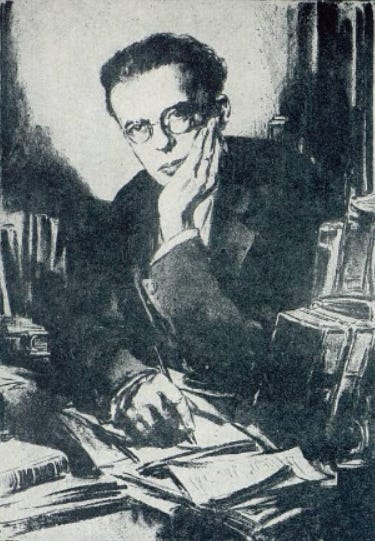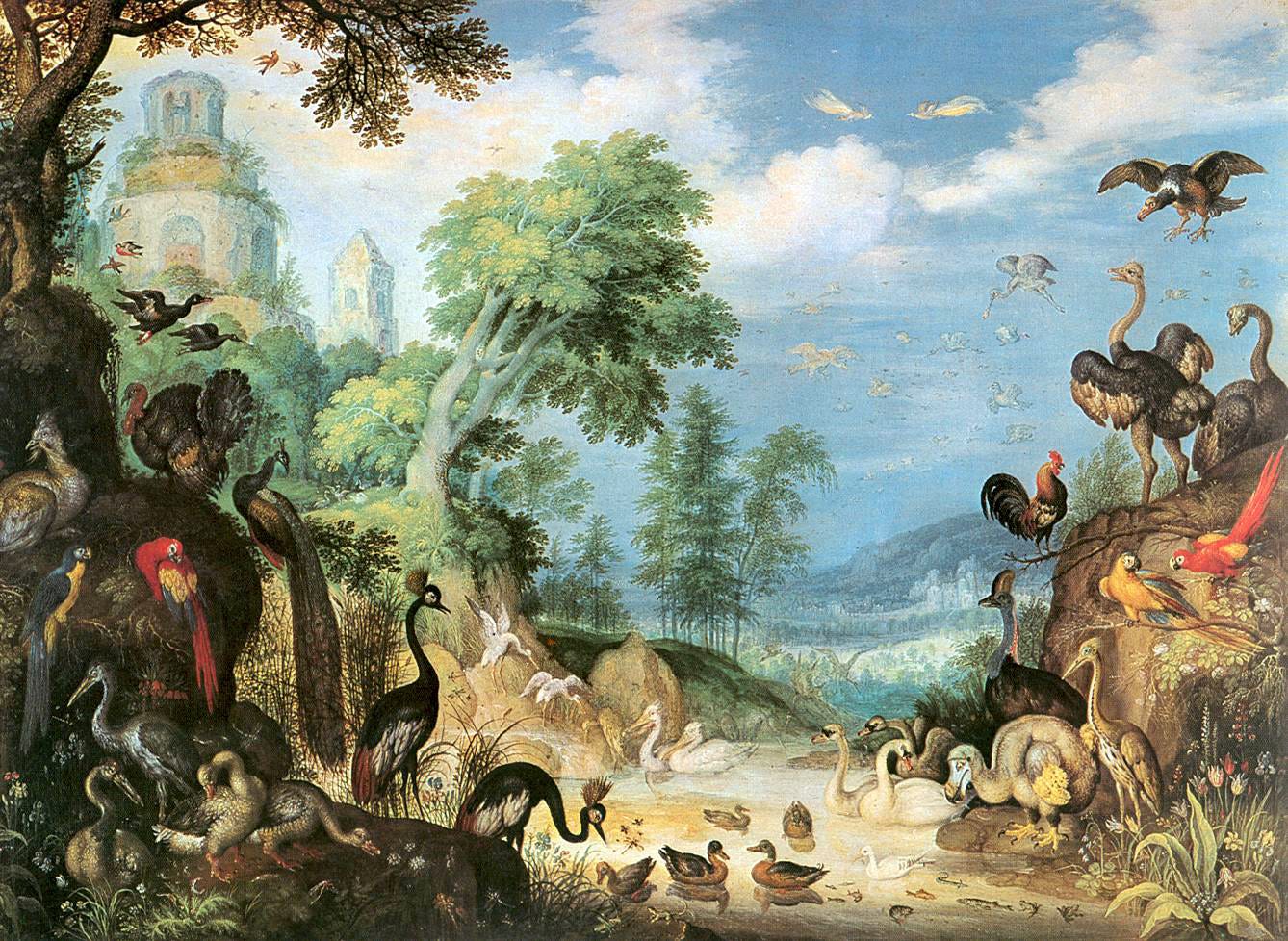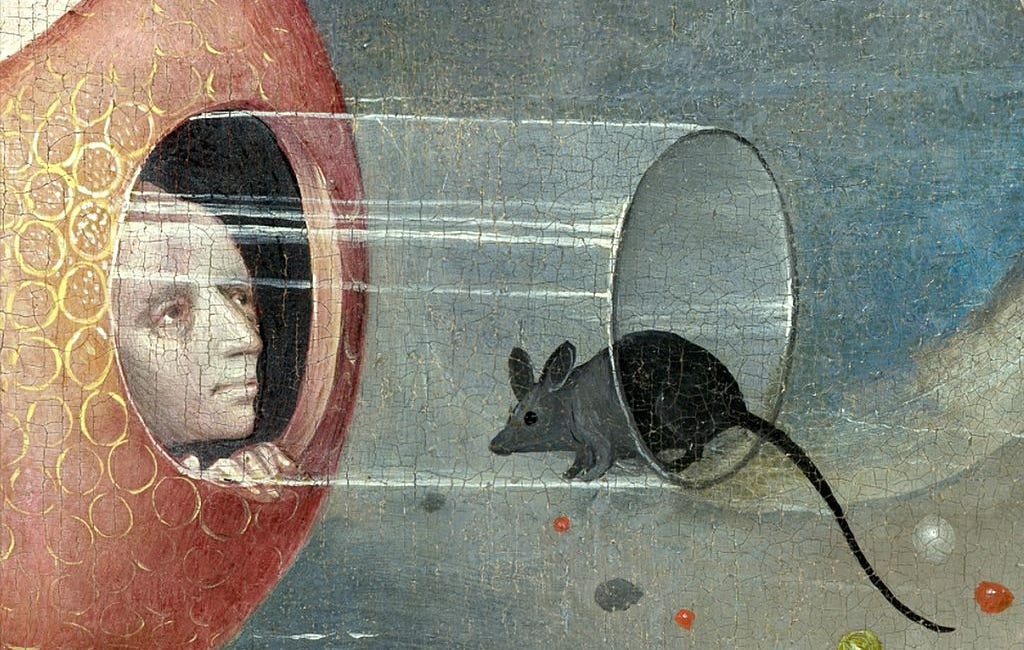1. The hidden is everywhere
2. Sheer speculation- how much evidence is enough?
3. How we come to believe in God is more important than that we “know” He exists
“Not enough evidence, God! Not enough evidence!”
These were the words, famous sceptic of Christianity, Bertrand Russell, claimed he would shout at God if he found out God happened to be real after his death. (Wesley Salmon, ‘Religion and Science: A New Look at Hume's Dialogues’).
The argument from divine hiddenness
In 1993, JL Schellenberg provided a detailed defense of atheism based on divine hiddenness in Divine Hiddenness and Human Reason. Schellenberg and some professional philosophers who disagreed with Schellenberg, provided their thoughts on this topic in 2001, in Divine Hiddenness: New Essays, edited by Howard-Snyder and Moser.
If God wants people to come to know Him and is loving, why is He so hidden? Given a God who wants people to know Him is hidden, the most likely conclusion is that such a God does not exist under this view.
Would you want God to exist?
Atheist philosopher Thomas Nagel in, The Last Word, explains his fear of God existing poising a cosmic authority problem. “I hope there is no God! I don’t want there to be a God; I don’t want the universe to be like that. My guess is that this cosmic authority problem is not a rare condition and that it is responsible for much of the scientism and reductionism of our time (p. 130-131).”
Famous agnostic novelist, Aldous Huxley, in his Collected Essays remarked how he and many of his contemporaries adopted the “philosophy of meaninglessness” as an “instrument of liberation. Liberation from a certain system of morality.” He adds, “We objected to the morality because it interfered with our sexual freedom... The supporters of the systems claimed that in some way they embodied the meaning (a Christian meaning, they insisted) of the world (p.366).”
Doubters have beliefs
Polymath, Michael Polanyi, contends in Personal Knowledge that doubt and belief are ultimately similar. How could that be? “The doubting of any explicit statement,” Polanyi explains, “denies (one) belief... In favour of other beliefs which are not doubted for the time being (p. 272).”
An example of doubting your doubts
For example, does a sceptic doubt their underlying belief that if God existed, God would need to conform to their standards or expectations?
Or the grounds on which their own immaterial standards to which a potential deity and the deity’s believers would need to conform, would somehow be something you would reasonably expect in a universe that came from nothing, by accident, leading to bags of meat dancing to chemical reactions.
A world where nothing non-physical or transcendent would even exist.
1. The hidden is everywhere
We rarely pause to think how many “hidden” things are part of our day to day life. Things that are non-physical and transcendent in a world that supposedly has no transcendent Being.
We interpret the words and actions of those around us as having intentionality and purpose behind them, more than just being unguided collisions of particles in a bag of meat.
Transcendent truth
We value truth, although truth is not something that can be seen, touched or smelt. Indeed, truth is non-physical and transcendent. If a statement (eg. scientific) is true it extends well beyond the localised chemical reactions in your body. Transcending to something true to someone in Belgium, Brazil or Botswana- universal, unchanging and immaterial regardless of the localised chemical reactions in the bodies of individuals in these countries!
Mathematics, logic and science
We see a similar universal, transcendent, immaterial beauty in mathematics. Aspects of mathematical conclusions of Einstein’s Theory of Special Relativity, for example, were not tested thoroughly in the physical universe until decades later.
Science itself is carried out on the basis we can trust our cognitive faculties, the universe is rationally intelligible, the principle of uniformity can be used (yesterday is like today is like tomorrow), laws of logic and mathematics can be applied etc. Yet, you can’t see the law of non-contradiction or complex numbers physically embedded in the universe anywhere.
Invisible morals
In a similar sense, humans live with a strong sense of certain acts being immoral. Immoral in an objective manner. Irrespective of whether it makes 7 billion people happy or not, someone torturing and raping your baby is really wrong. Wrong in a sense beyond mere localised human chemical reactions.
Unspeakable beauty
Or what about music, beauty and art? There is an objective, transcendent beauty in some fine pieces of music or impeccable pieces of art. Yet is this something we can measure with a thermometer or a ruler or a scale?
As Solzhenitsyn, eloquently reflected in One Word of Truth, “Through Art we are sometimes sent- indistinctly, briefly- revelations not to be achieved by rational thought… for an instant you glimpse the Inaccessible, where no horse or magic carpet can take you. And the soul cries out for it.”
2. Sheer speculation- how much evidence is enough?
How much evidence is enough to make you think God exists? If you knew for certain God existed, how would you respond?
To add to this, extensive research in the field of psychology shows as humans we are a lot less likely to change our minds in the face of evidence than one would think. Note the references below.
Driver of false beliefs is not a lack of intelligence
You end up believing what you want to believe
Wishful Thinking: Belief, Desires and the Motivated Evaluation of Scientific Evidence
Whose standards should God conform to?
Why would you expect God to have to conform to your standards and not His own? If such a Being actually existed wouldn’t they know more about the best way for you to come to know them? Not just head knowledge they exist, but how you could come to a deep, loving, trusting relationship with them?
What type of evidence would best lead to a loving and trusting relationship with a powerful, mighty Being?
Arguments for God’s existence
There is no end to the potential speculation. Further to that, we must ask why we think given the natural universe had a beginning (nothing comes from nothing), the earth is finely tuned for human existence, objective morals, transcendent rules of logic and mathematics as well as transcendent beauty in music and art exist, that no transcendent Being exists.
Impact of Jesus
Why is this evidence insufficient? Or what of the life and transformative impact of Jesus? Buddha never claimed to be God. Muhammad never claimed to be God, nor would have dreamt of it. Jesus did. In Christianity, God is revealed through Jesus.
What happened when God showed His face? People wanted Him dead!
The key facts surrounding his death and resurrection (including the empty tomb), as determined by historical criteria and without even assuming the Gospels are God’s Word, are unable to be adequately explained by natural causes. Rodney Stark outlines how Christianity grew at roughly 40% per decade for the first three centuries, despite the most intense Roman persecution.
All of this is on the back of a few men and women claiming they had seen the risen Jesus, dying for their faith and turning the world upside down. What is your explanation for this? How much evidence is enough? More in the links below:
Quoting Ehrman: 20 Bart Ehrman quotes every NON-CHRISTIAN should know
Short Conversations 2023: Did Jesus rise from the dead?
Did Jesus rise from the dead? Your comprehensive 2023 Guide
One step further, there is evidence the Gospels were based on eyewitness accounts, accounts of people who saw things in plain sight. More here:
Are the Gospels based on eyewitness accounts? 10 key considerations
Short Conversations: Are the 4 Gospels based on eyewitness accounts?
Were the 4 Gospels given FAKE names?
3. How we come to believe in God is more important than that we “know” He exists
What do we mean by this? Philosopher, Peter van Inwagen, who converted to Christianity around age 40, contends in his essay, What Is the Problem of the Hiddenness of God?, that God’s desire for why people believe in His existence may well be more important to Him than that they believe He exists in the first place.
What type of relationship or knowledge of God?
If God is love and wants a loving, trusting relationship, how someone comes to believe in God is very important. Responding out of sheer fear to the presence of a deity shining lightning near your face is likely to be a purely self-serving response. Not one of humility and trust.
St. John of the Cross and a partly hidden God
After all, if God exists, why would you think He needs to conform to your terms and not the other way around? Philosopher Laura Garcia in her essay St. John of the Cross and the Necessity of Divine Hiddenness covers how for one’s will to be in union with God’s, this involves a painful purification process of letting go of our own will in favour of God’s.
Garcia contends, divine hiddenness provides the best conditions for this purification process to be possible. A painful process of losing yourself.
Garcia quotes St. John of the Cross, “Learn to love as God desires to be loved and abandon your own ways of acting (Prayer of a Soul Taken with Love).”
Doubting in the face of God
Even in the Bible, seeing God does not translate to a trusting relationship with Him. For example, Balaam (Numbers 22-25), the Pharisees and demons (James 2:19).
Seek and you will find?
There are many aspects of our lives that involve a non-physical transcendent element. There are various reasons to think God exists.
We all also have doubts. Do we doubt our doubts? What beliefs are behind our doubts?
If a loving God exists, it is reasonable to assume He knows what is the best way to come to believe in Him and maybe that involves a level of hiddenness. After all, it would be foolish to dismiss all the evidence already available simply because our own personal requirement for evidence has not been met.
You will seek me and find me, when you seek me with all your heart. Jer. 29:13
Article archives spanning back to 2020:
https://streettheologian.medium.com/
More regular updates? https://twitter.com/StreetTheologn














